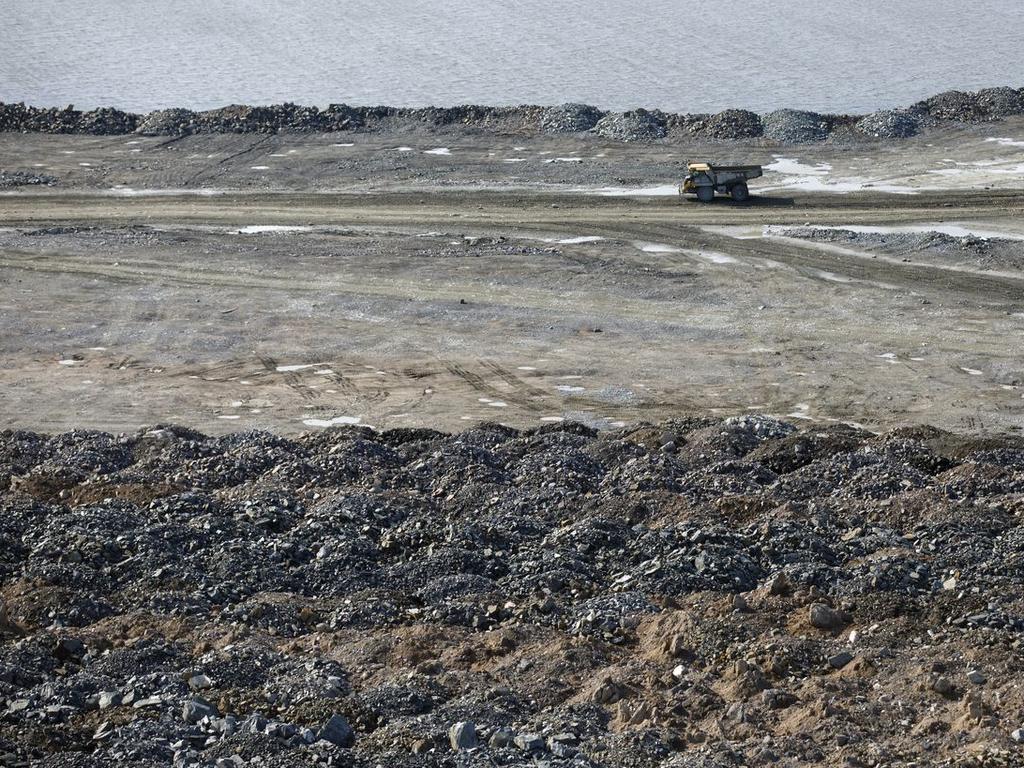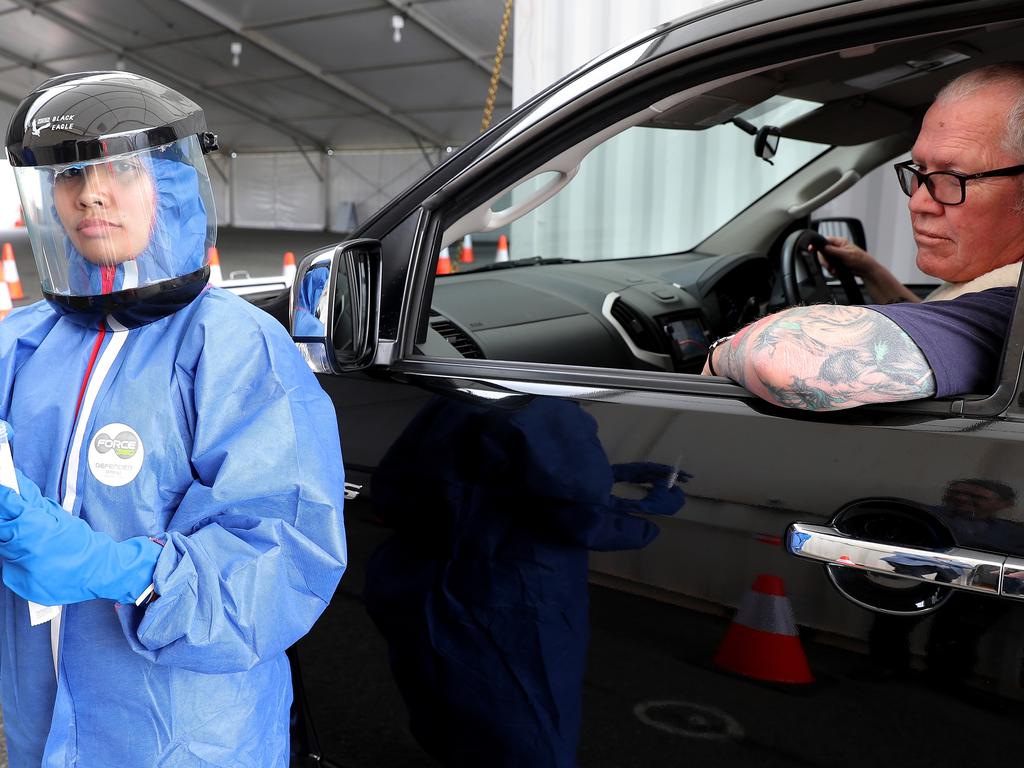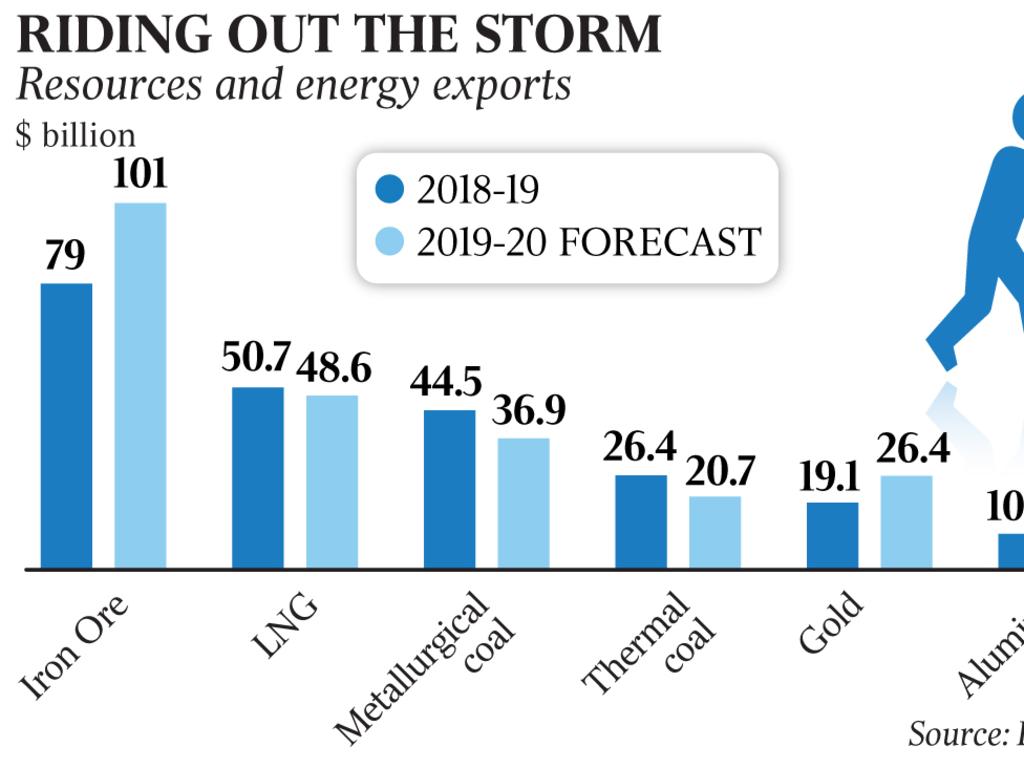Coronavirus: cut green tape delay on projects, miners say
Australia’s six peak mining and resources groups are pushing for a major overhaul of environmental laws.

Australia’s six peak mining and resources groups are pushing for a major overhaul of environmental laws, calling for the removal of “unnecessary duplication and complexity” to provide greater certainty for businesses.
In a joint submission to the independent review of the Environment Protection and Biodiversity Conservation Act, led by former Australian Competition & Consumer Commission chair Graeme Samuel, the mining sector warns companies are facing delay costs of up to $1m a day.
Minerals Council of Australia chief executive Tania Constable said Australia was facing an unprecedented economic and social threat from the COVID-19 pandemic, arguing reforms of the EPBC Act would help reduce delays in project approvals and fast-track projects.
Environment Minister Sussan Ley last month flagged reforms to the EPBC and the government’s commitment to cut green tape to “get rid of unnecessary delays”.
Professor Samuel will deliver an interim report by June and a final report by October. “We are getting congestion out of the system and we will continue to do so as the economy comes through the COVID-19 crisis,” Ms Ley said.

The MCA submission, co-signed by the NSW Minerals Council, Queensland Resources Council, the Chamber of Minerals and Energy of Western Australia, South Australian Chamber of Mines and Energy and the Tasmanian Minerals, Manufacturing and Energy Council, suggest four key points to improve the EPBC.
These include eliminating or reducing duplication and ensuring consistency between federal and state-territory processes, reducing delays in assessment and approval processes, improving certainty for businesses and ensuring better “fit-for-purpose regulation”.
Assessing regulatory duplication and uncertainty, the ’ submission ranks NSW and Victoria lower than less mature mining jurisdictions, including PNG and the Democratic Republic of Congo.
Ms Constable said “pragmatic and considered policy reform can build a stronger minerals industry for a faster and more durable post-COVID-19 recovery”.
“When mining projects can take more than a decade to deliver, it’s clear better regulation can help deliver Australia’s economic recovery without compromising our precious environment,” she said.
“Reform to the act is long overdue to address unnecessary duplication and complexity.”
Ms Constable said a one-year delay to a project can reduce its net present value by 10 to 13 per cent per year. “For large mining projects (with a value from $3bn to $4bn), delay costs can be up to $1m per day,” she said. “Significant growth in regulation across all levels of government including the EPBC Act has not led to better environmental outcomes.”
The groups want uranium mining, milling decommissioning and rehabilitation removed from the definition of nuclear actions under the act, to help unlock the mineral sands industry. The EPBC trigger has captured non-uranium projects, including mineral sands, rare earths and base metals, where naturally occurring radioactive material may be present.
Ms Constable said Australia had the world’s largest mineral sands deposits, offering significant “opportunities for growth and jobs”. “Heavy mineral sands such as rutile, ilmenite (titanium) and zircon are essential inputs to everyday life including paint, medical implants and ceramics.”
“Many of Australia’s mineral sands deposits also contain monazite and xenotime, which are sources of the rare earth elements used in smart phones and computers, as well as medical devices.’’








To join the conversation, please log in. Don't have an account? Register
Join the conversation, you are commenting as Logout